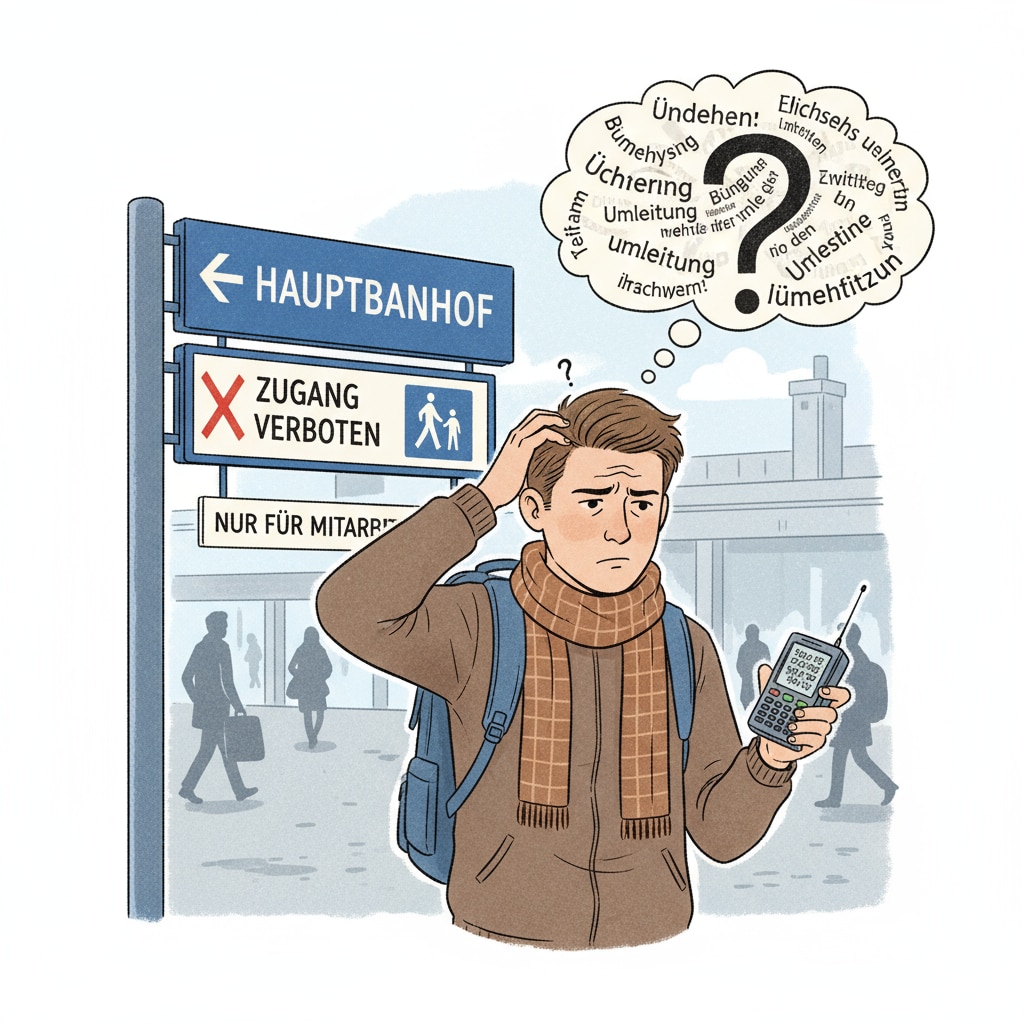International students embarking on their German study journey often grapple with significant language barriers. This is a common scenario for those seeking education in Germany.

Germany, with its renowned educational system, attracts numerous students from around the globe. However, the language issue can be a major stumbling block.
The Hurdles of Language in German Education
For international students in Germany, language barriers can manifest in various ways. Firstly, academic lectures and seminars are usually conducted in German. This means that students need to have a good command of the language to understand complex theories and participate in discussions. For example, in a science lecture, the professor might use specialized German terms that are difficult for non-native speakers to grasp. Secondly, daily communication with locals, classmates, and professors can also be a challenge. Misunderstandings may occur due to language differences, which can affect the overall study experience. According to Wikipedia’s entry on the German education system, the emphasis on the German language in education is deeply ingrained.

English Courses in the German Education System
In recent years, the German education system has been making efforts to offer more English courses to accommodate international students. This is a positive step forward. Some universities now provide degree programs entirely in English. However, the availability of such courses varies from institution to institution. Additionally, even in English-taught courses, students may still need to interact with German-speaking faculty and staff. As Britannica’s article on education in Germany mentions, while English is becoming more prevalent, German remains the dominant language in many aspects of academic life.
To overcome these language challenges, international students can take several steps. They can enroll in German language courses before starting their formal studies. This will help them build a solid foundation. Moreover, immersing themselves in the local culture, such as joining student clubs or participating in community activities, can improve their language skills. In addition, making friends with German students can provide valuable opportunities for language practice.
Readability guidance: As we’ve seen, international students in Germany face language barriers that can impact their studies. By understanding the nature of these barriers and the available English courses, students can better prepare themselves. Taking proactive steps like language courses and cultural immersion can lead to a more fulfilling German study experience.


